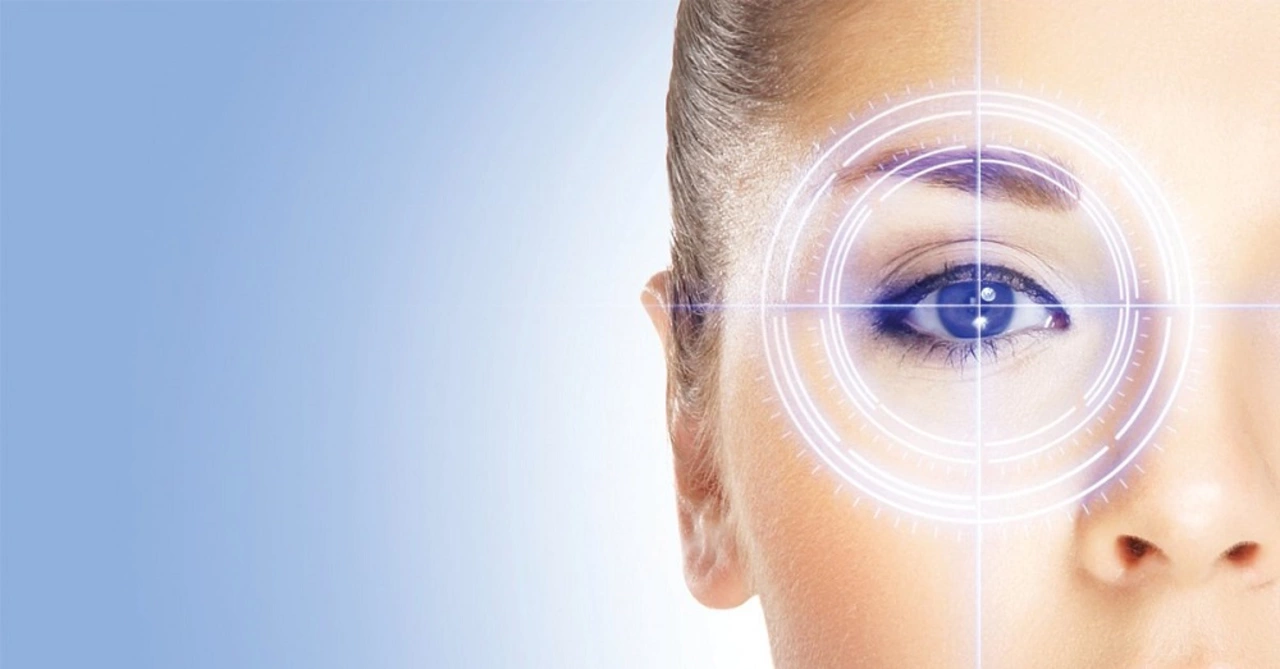Eye Health: Practical Tips to Protect Your Vision
At least 2 billion people worldwide have some form of vision impairment, and a large share is preventable or treatable. That sounds big because it is. The good news: small daily choices add up and can protect your sight for years. Here are clear, practical ways to keep your eyes healthy now.
Daily habits that help
Schedule an eye exam. Adults should get a baseline exam in their 20s or 30s and follow your eye doctor’s advice after that. Many eye problems have no early symptoms, so tests catch trouble before it gets worse.
Break up screen time. Use the 20-20-20 rule: every 20 minutes look at something 20 feet away for 20 seconds. That reduces digital eye strain and helps your focus muscles relax.
Mind your lighting. Avoid glare and harsh overhead lights. Position screens slightly below eye level and reduce brightness so your eyes don’t work harder than they need to.
Keep contacts clean and safe. Follow the exact wear-and-care instructions from your eye doctor and the lens maker. Never sleep in lenses unless they’re prescribed for overnight use, and replace cases every three months.
Protect from UV. Sunglasses that block 99–100% of UVA and UVB shield your eyes from long-term harm. Wear a wide-brimmed hat on very sunny days for extra protection.
Don't smoke. Smoking raises your risk of cataracts and macular degeneration. Quitting helps your eyes and overall health.
Nutrition, meds, and dry eye fixes
Eat for your eyes. Green leafy vegetables, oily fish (like salmon), eggs, and nuts contain lutein, zeaxanthin, and omega-3s that support eye health. You don’t need fad supplements—talk to your doctor before starting any new pill.
Know which drugs affect vision. Some common meds—certain steroids, antihistamines, and drugs like hydroxychloroquine—can impact eyes. If your medications change, ask your prescriber whether eye monitoring is needed.
Manage dry eye simply. Use preservative-free artificial tears during the day, blink more often when using screens, and consider a humidifier in dry rooms. If symptoms persist, your eye doctor can recommend treatments like prescription drops or in-office procedures.
Watch for warning signs. Sudden vision loss, flashes of light, a shower of new floaters, severe eye pain, or a red eye with vision changes need urgent attention. Don’t wait—some conditions require fast treatment to save sight.
Small changes make a big difference. Regular exams, smart screen habits, UV protection, a sensible diet, and knowing when to see a doctor will keep your eyes working well. If you have specific concerns—contacts, medications, or supplements—bring them up at your next visit. Your eyes are worth that few minutes of planning every day.
- Colin Hurd
- May, 8 2023
- 7 Comments
Carbimazole and Eye Health: Protecting Your Vision During Treatment
In today's post, I'd like to discuss the importance of eye health while undergoing treatment with Carbimazole. Carbimazole is a medication used to treat hyperthyroidism, but it can sometimes cause side effects such as eye irritation or even vision problems. To protect our vision during treatment, it's crucial to keep our eyes well lubricated with artificial tears or eye drops, and to wear sunglasses when outdoors to shield our eyes from harmful UV rays. Additionally, it's essential to maintain regular check-ups with our eye care professional to detect any potential issues early on. By taking these precautions, we can ensure our eyes remain healthy even while managing our thyroid condition with Carbimazole.

